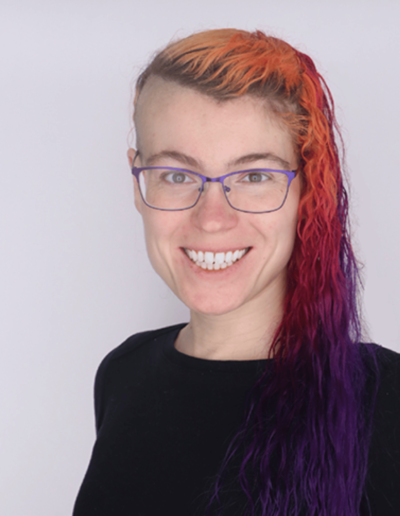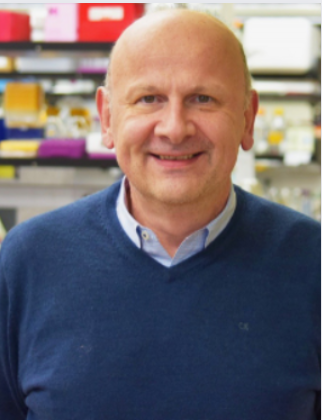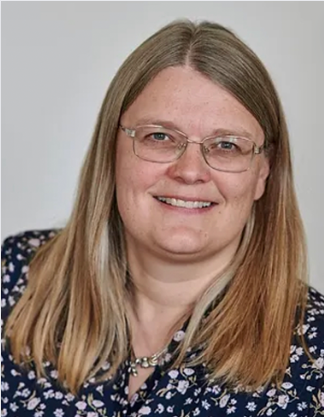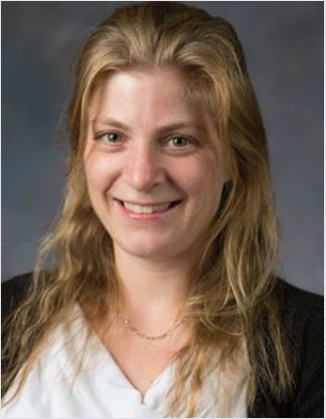
Importance of a scientific board
Cure GABA-A’s strategic decision to gather a diverse and multidisciplinary scientific board stems from the complexity and significance of GABA-A receptor dysfunction in neurological and psychiatric disorders. By incorporating experts Cure GABA-A ensures a comprehensive approach to addressing the multifaceted challenges associated with developing treatments targeting GABA-A receptors. This diverse expertise fosters collaboration, innovation, and a holistic understanding of GABA-A biology, ultimately driving the translation of research findings into clinically impactful therapies. Additionally, the boards focus in ensuring that research priorities align with patient needs and facilitates the practical implementation of novel treatments in clinical settings. The assembly of a varied scientific board maximizes the potential for Cure GABA-A to advance our understanding of GABA-A receptor function and develop effective therapies for GABA-A-related disorders.
Chief Scientific Officer

Dr. Sarah Poliquin
Postdoctoral fellow at COMBINEDBrain Chief Scientific Officer of Cure GABA-A
Sarah completed her PhD under Dr. Katty Kang, and her work focused on cellular mechanisms of genetic epilepsies caused by mutations in the GABAergic signalling pathway. Sarah primarily studied the GABRG2(Q390X) mutation associated with Dravet syndrome, and the role of protein degradation pathways like autophagy and the ubiquitin-proteasome system in this disease pathophysiology. She has also worked extensively on projects involving SLC6A1-mediated neurodevelopmental disorders, including preclinical research on 4-phenylbutyrate (PBA). Sarah is now a postdoc at COMBINEDBrain and continues to be involved in the GABAergic disease community.
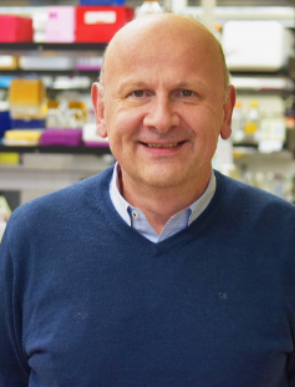
Dr. Stephen Moss
Professor in the Department of Neuroscience
Stephen J. Moss is a Professor in the Department of Neuroscience at Tufts University a position supported by the Tufts Endowed Basic Science Research Fund for Neuroscience. In addition, he is co-director of the AstraZeneca/Tufts Laboratory For Basic and Translational Neuroscience Research, a venture which commenced in 2013.
Moss Laboratories focus on the endogenous mechanisms neurons use to regulate the efficacy of synaptic inhibition mediated by the γ-aminobutyric acid receptors (GABAAR). Accordingly, deficits in the efficacy of GABAergic inhibition lead to anxiety, depression, epilepsy, neurodegenerative disorders, schizophrenia and substance abuse.
Our work has focused on the role that covalent modifications, such as phosphorylation, play in regulating GABAAreceptor membrane trafficking, and how these processes contribute to the formation of inhibitory synapses. Using genetic manipulation in mice we have begun to analyze the significance of phosphorylation on neuronal excitability, neuronal structure and animal behavior. More recently we have begun to examine the mechanisms by which neurosteroids exert sustained effects on GABAergic inhibition and the role that dynamic changes in the activity of the K+/Cl–co-transporter play in regulating neuronal Cl–homeostasis and its role in limiting neuronal hyperexcitability.
Collectively our studies have shown that dynamic changes in the membrane trafficking and/or activity of GABAARs and KCC2 play central roles in regulating the efficacy of neuronal inhibition and these processes directly impact on animal behavior and neurological disorders.
Much of the current emphasis of our research focuses on exploiting the novel molecular mechanisms we have identified to aid the development of novel therapeutics to alleviate the burdens of epilepsy and other unmet medical needs.
These translational approaches are facilitated via strong collaborations with Astrazeneca and SAGE Therapeutics, a Boston based company, with whom we have worked since their foundation in 2011.
Dr. Stephen Moss worked with SAGE therapeutics to develop improved neuroactive steroids to activate GABAARs

Dr. Jing-Qiong (Katty) Kang M.D., Ph.D.
Associate Professor of Neurology Vanderbilt University Medical Center
The Kang Laboratory is interested in understanding the role of GABAergic signaling in disease conditions as well as in normal brain development. Currently, lab staff members are investigating the molecular pathophysiology of genetic variations in GABAA receptor subunits and two common pediatric syndromes: epilepsy and autism.
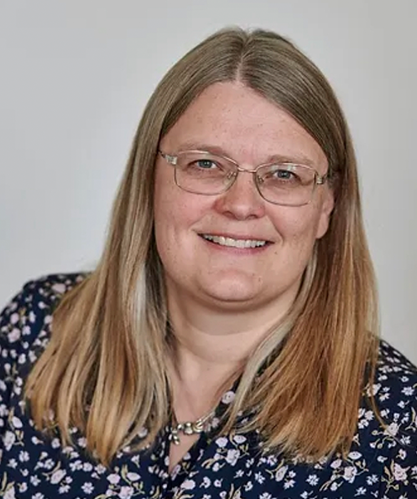
Dr. Rikke Steensbjerre Møller
Professor, PhD Department of Regional Health Research Coordinative Head of Research, IRS The Epilepsyhospital Filadelfia
Our team at the Danish Epilepsy Centre are aiming to help improving diagnosis for individuals with severe genetic epilepsy through genetic testing, and to help raising awareness of genetic epilepsies. Making a genetic diagnosis has many implications for management and counseling, and help us to accurately document the natural history of genetic epilepsies. First step towards precision medicine is precision diagnosis!

Dr. Tingwei Mu, PhD
Associate Professor PhD, Biochemistry Case Western Reserve University School of Medicine Caltech California Institute of Technology
Currently, the Mu lab focuses on neurotransmitter-gated ion channels, including gamma-aminobutyric acid type A (GABAA) receptors and N-methyl D-aspartate (NMDA) receptors. They mediate the excitation inhibition balance in the mammalian central nervous systems. Their functional defect leads to epilepsy, autism, intellectual disability, and other neurodevelopmental diseases.

Dr. Terry Jo Bitchell
PhD and Master of Public Health
Terry Jo Bichell is a neuroscientist who earned her PhD because she has an adult son with Angelman syndrome. She founded the Consortium for Outcome Measures and Biomarkers for Neurodevelopmental Disorders (COMBINEDBrain) in 2020 with a mission to speed the path to clinical treatments for people with severe rare genetic neurodevelopmental disorders by pooling efforts, studies and data.

Dr. Katheron Inston
PhD in Pharmacology and Founder of Varient App
Katheron Intson, PhD, from the University of Toronto and the CEO of Varient. Varient is an app that utilizes crowdsourcing to identify the most effective off-label meds, particularly for seizures, for each rare community.
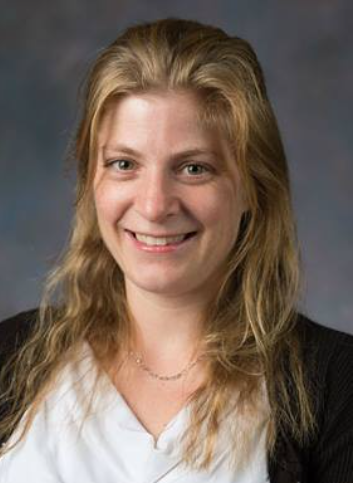
Dr. Kathrin Meyer
PhD background is in RNA biology
My PhD background is in RNA biology and I worked on splicing correction therapies for the neurodegenerative disease Spinal Muscular Atrophy using a modified version of a small endogenous RNA called U7. After joining Dr. Brian Kaspar’s laboratory at Nationwide Childrens Hospital as a post-doctoral researcher, I became a project leader responsible for the optimization of the Central Nervous System delivery of AAV9 based Gene Therapy vectors for SMA and other gene therapy projects. This included the design and supervision of corresponding toxicology studies, as well as preparation of Investigational New Drug applications for the FDA, as well as answering FDA questions. Further, I developed new and fast reprogramming methods for in vitro modeling of neurodegenerative disorders including Amyotrophic Lateral Sclerosis (ALS) for high throughput screening of potential new therapeutics. Since 2017, I am an independent Principle Investigator at Nationwide Children’s Hospital and Assistant Professor in the Department of Pediatrics at The Ohio State University. My team focuses on basic research and gene therapy for neurological and neurodegenerative disorders with a strong emphasis on lysosomal storage disorders.


